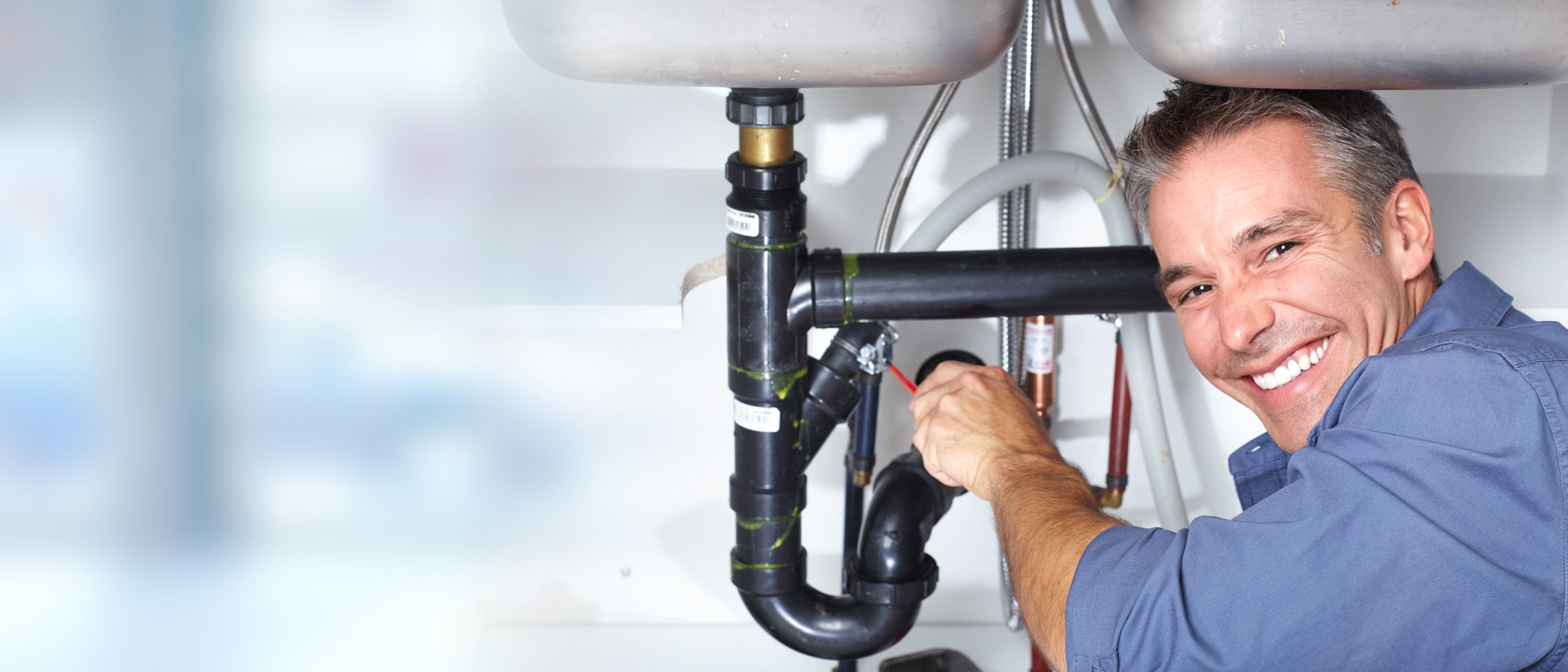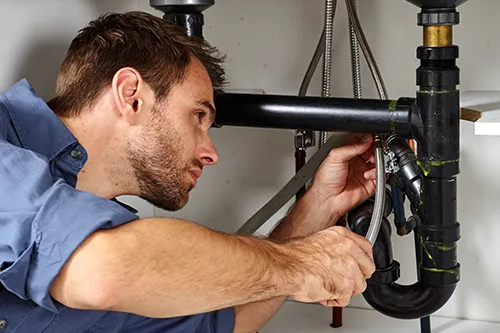Beware: 6 Regular Mistakes That Harm The Plumbing Fixtures
Beware: 6 Regular Mistakes That Harm The Plumbing Fixtures
Blog Article
What are your insights and beliefs on Can Hard Water Ruin Your Appliances??

The key to long lasting devices, unsurprisingly, is proper maintenance. There's no set guideline that can assure your plumbing appliances a lengthy wear, yet you can stop unnecessary damage and also repairs by preventing negative plumbing practices.
You must stop doing these 6 things else you'll maintain calling your plumber over for minor faults.
Flushing whatever
Yes, your commode drain causes the sewage systems, but that doesn't indicate you need to dispose simply anything away. Many 'flushable' materials are in fact fantastic blockage beginners, as an example dental floss. Asides keeping evident non-flushable products like cords and plastics out of your toilet, you ought to additionally avoid flushing cotton buds, menstrual products, wipes, daipers as well as prophylactics down the commode drainpipe.
Pouring grease in the sink
We know correctly throwing away grease after a hearty meal is a pain. But simply pouring it down the tubes can do long-lasting damage to your pipelines. "The fat as well as oil can obstruct your drainpipe severely enough to force you to call a plumber," explains Dawson. "Plumbing works best when it's well cared for-- not abused with grease."
Using too much drain cleaner
Using a drain cleaner more than once or twice a month is an indicator that something significant is taking place within your pipelines. Currently, rather than dealing with the primary problem, you opt for a quick fix; a fizzy drain cleaner. Rightfully, a drain cleaner will look after the clog, but at what cost?
The chemicals in a drainpipe cleanser can speed up the rust of your pipes. Add that to whatever underlying problem is creating the obstruction and also you might have to a serious trouble on your hands.
If you experience a lot of clogs, call your emergency plumber instead of making use of a drainpipe cleaner.
Not rinsing meals prior to loading them into the dish washer
it's called a dish washer, however tossing in dishes, pots, as well as pans covered in large food particles can really trigger some significant damage to the home appliance, causing lasting issues down the line. "House owners may have to obtain their dishwasher fixed regularly if they don't wash their dishes before filling, or at least eliminate bigger food pieces," discusses Audrey Monell, proprietor of Forrest Anderson Plumbing and Air Conditioning in Glendale, Arizona. "Food that obtains stuck on recipes causes the dish washer to work harder, which can wear down parts much faster, causing problems."
DIYing whatever
With plumbing, a stitch in time actually does conserve nine. You can avoid a fullblown plumbing emergency by calling your plumber at the correct time.
You might have learnt a couple of plumbing hacks from your papa, but you should understand where to draw a line and call an expert. For instance, you might have the ability to deal with a clog on your own, yet you shouldn't try to change a pipe. You might mismatch pipelines or overtighten a screw, creating more injury and also damages than you assumed. Calling a plumber is a risk-free and also budget-friendly choice.
Not changing your dishwashing machine pipes
One easy method to make certain that you use your dish washer for several years is to change the hose at the very least when in 5 years. This likewise gets washing machine hoses.
Over time, food bits, soap and also oil can form obstructions within your pipes. Changing them on schedule will certainly stop any presure accumulate that can damage the inner functions of your dishwashing machine or cleaning equipment.
A reinforced steel braided hose pipe does an excellent work of prolonging your device's use time.
No winter precautions
Extreme weather misbehave for your pipelines, specifically if they're constructed from steel. You need to shield your exposed pipes, and your water tank, even if you have a water heater. You need to additionally switch off your yard tube shutoff and also any other exterior water networks. These networks are electrical outlets for cool; you pipelines can begin to ice up from outdoors if you do not.
How Hard Water Damages Your Plumbing and Appliances
Hard water is no stranger to most households across America. This silent invader affects 85% of homes in the United States every day, wreaking havoc on pipes, plumbing fixtures, and water-using appliances.
Should you become a victim of hard water, you must understand exactly what it is and how it affects your plumbing and appliances. This will help you determine the correct measures to put in place to fix or prevent any problems that may arise.
First off, what exactly is “hard” water?
In short, “hard water” is used to describe water that contains relatively high amounts of dissolved minerals, primarily calcium and magnesium, and a host of trace metals. When rainwater falls from the sky (usually in a pure form), it absorbs the hardness minerals from rocks and soil, which changes it from soft to hard water.
What about my plumbing and appliances?
Mineral deposits from hard water can cause buildup on tubs, shower, sinks, faucets. But that’s only a small scratch of the surface. Those minerals can gradually build up inside pipes, fixtures, water heaters, washing machines, and dishwashers. Once they accumulate in those areas, they can clog pipes and create major problems throughout your plumbing system, from reduced water flow to increased pressure on pipes and fixtures.
This limescale buildup might affect some appliances, causing them to operate less efficiently and wear down faster. And the result? Higher energy bills, more (costly) plumbing replacements and repairs, and damaged appliances.
Keep in mind that certain types of plumbing are more susceptible to clogging than others. Copper, PVC, and PEX pipes are more resistant to hard water buildup and corrosion, but they can still get clogged or completely blocked by scale deposits.
How do I know if my water is hard?
White limescale buildup on plumbing fixtures (or any of the other signs mentioned above) is usually a good sign that your water is hard. If you suspect that you have hard water, you can simply shake up a small amount of dish soap and water in a closed container. If the mixture doesn’t create a lot of suds, you probably have hard water.
The most precise method, however, is to test your water with a DIY test kit (sold online or at local home centers or hardware stores) or send a water sample from your tap to a local lab to be tested. Be sure that you understand the nature of the test, the water condition being measured, and the significance of the test results.
Another way to obtain an estimate of water hardness is to check your annual water quality report to see if your water provider has reported any instance(s) of water hardness in your water supply.
https://www.springwellwater.com/how-hard-water-damages-your-plumbing-and-appliances/

Do you appreciate more info about Ways to Make Your Pipes Last Longer? Leave feedback below. We'd be glad to find out your opinion about this blog. We hope to see you back again soon. Appreciated our piece of writing? Please share it. Help another person check it out. Thank-you for your time spent reading it.
Set Up An Appointment Report this page